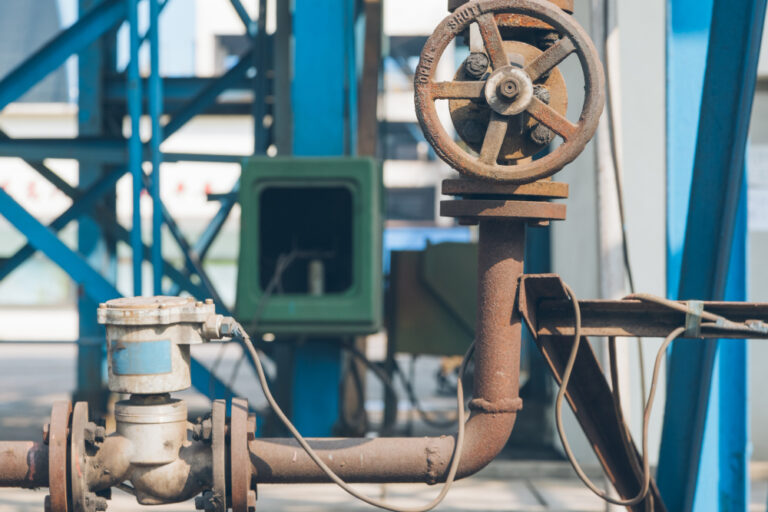In today’s fast-paced industrial world, energy efficiency has emerged as a critical factor in ensuring sustainability and cost-effectiveness. Hydraulic systems, widely used in industries such as manufacturing, construction, and automotive, are no exception. Among the various components in these systems, vane pumps have gained attention for their exceptional energy efficiency and performance. But what sets vane pump apart, and why are they considered leaders in energy efficiency? Let’s explore.
Understanding Hydraulic Systems and the Role of Pumps
Hydraulic systems operate on the principle of fluid power, where pressurized fluid is used to generate force or motion. At the heart of this system is the hydraulic pump, which is responsible for converting mechanical energy into hydraulic energy. The efficiency and reliability of the pump directly influence the performance and energy consumption of the entire system.
Various types of pumps are used in hydraulics, including gear pumps, piston pumps, and vane pumps. While each has its strengths and applications, vane pumps have risen to prominence for their unique ability to deliver high performance with reduced energy consumption.
What Are Vane Pumps?
Vane pumps are a type of positive displacement pump that uses vanes mounted on a rotor to create hydraulic pressure. As the rotor turns, the vanes slide in and out of slots, trapping and transferring fluid through the pump. This design ensures a consistent flow rate and pressure, making vane pumps highly efficient and versatile.
Why Energy Efficiency Matters
Energy efficiency in hydraulic systems is about more than reducing costs—it’s also about minimizing the environmental impact. With growing concerns about carbon emissions and rising energy costs, industries are increasingly seeking energy-efficient solutions. By optimizing energy use, businesses can not only lower their operational expenses but also contribute to global sustainability goals.
The Advantages of Vane Pumps
- High Volumetric Efficiency
Vane pumps are known for their ability to maintain high volumetric efficiency, even at lower operating speeds. This means they can deliver a consistent fluid flow without requiring excessive energy input, reducing overall energy consumption. - Low Noise and Vibration
A significant portion of energy loss in hydraulic systems is attributed to noise and vibration. Vane pumps operate with minimal noise and vibration, ensuring quieter operations and less energy wasted on overcoming resistance or friction. - Compact and Lightweight Design
Vane pumps are compact and lightweight compared to other pump types, making them ideal for applications where space and weight are critical considerations. Their efficient design also translates into lower energy requirements. - Self-Priming Capability
Vane pumps have excellent self-priming capabilities, meaning they can start efficiently without requiring additional energy-consuming components. This makes them a cost-effective choice for a variety of hydraulic applications. - Versatility Across Applications
Vane pumps can handle a wide range of pressures and flow rates, making them suitable for diverse applications. Whether it’s powering industrial machinery or providing precise control in automotive systems, vane pumps deliver optimal performance with minimal energy use.
Applications of Vane Pumps in Energy-Efficient Systems
Industries worldwide are leveraging the benefits of vane pumps in their hydraulic systems. Key applications include:
- Manufacturing: Precise control and consistent performance make vane pumps ideal for manufacturing equipment.
- Construction: Compact and energy-efficient, vane pumps are used in construction machinery such as excavators and loaders.
- Automotive: Vane pumps are integral to power steering and braking systems, where efficiency and reliability are paramount.
The Future of Energy Efficiency in Hydraulics
As industries continue to prioritize sustainability, the demand for energy-efficient hydraulic solutions like vane pumps will grow. Advances in materials and technology are likely to enhance the performance and efficiency of vane pumps even further, making them a cornerstone of modern hydraulic systems.
Conclusion
Energy efficiency is no longer just a buzzword—it’s a necessity for industries striving to remain competitive and sustainable. Vane pumps, with their high efficiency, reliability, and versatility, have proven to be a game-changer in the world of hydraulics. By incorporating vane pumps into hydraulic systems, industries can achieve significant energy savings while reducing their environmental footprint.

